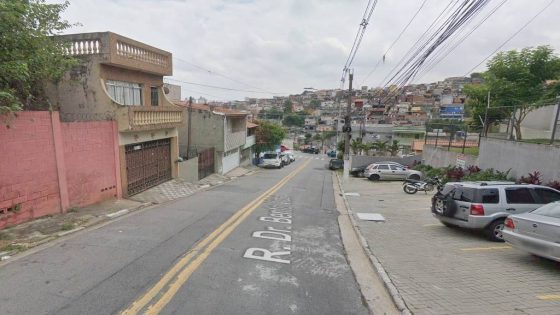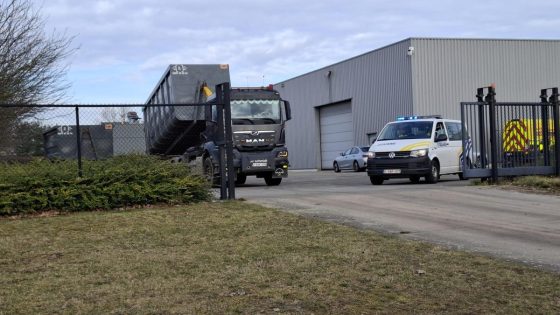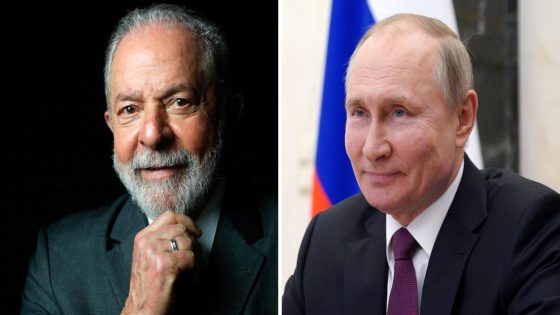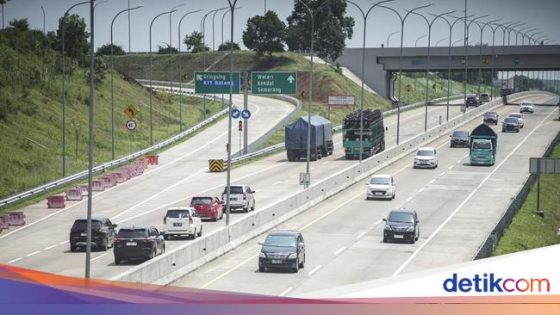A tragic incident occurred in Osasco, São Paulo, where a 47-year-old man was shot and killed by an off-duty police officer during a traffic altercation early Saturday morning, January 18, 2025. The confrontation escalated quickly, raising questions about police conduct and public safety.
- Off-duty police officer kills 47-year-old man.
- Incident occurred during a late-night altercation.
- Officer claims he feared a robbery.
- Victim identified as Filadélfo Rodrigues.
- Recent data shows high police-related fatalities.
- Previous case involved fatal shooting over theft.
This shocking event highlights ongoing concerns about the use of force by law enforcement in Brazil. How can we ensure accountability in such critical situations?
Traffic Dispute Leads to Fatal Shooting: What Happened in Osasco?
The tragic shooting in Osasco has left many wondering about the circumstances that led to this deadly encounter. Reports indicate that the off-duty officer, Sargento Railton Menezes de Souza, believed he was being robbed when he fired his weapon. But was this response justified?
Understanding Police Violence: Statistics and Recent Incidents
The shooting incident is part of a troubling trend in Brazil, where off-duty police officers have been involved in numerous fatal encounters. In 2024 alone, off-duty officers were responsible for 120 deaths, while on-duty officers accounted for 640 fatalities. This alarming data highlights the critical need for reform.
Key Statistics on Police Violence in Brazil
Understanding the scope of police violence is essential for addressing the issue effectively. Here are some key statistics:
- 120 deaths caused by off-duty officers in 2024.
- 640 fatalities attributed to on-duty officers in the same year.
- Previous incidents include a November 2024 shooting where an off-duty officer killed a man over a minor theft.
- Public outcry for accountability and reform continues to grow.
Public Response and Calls for Accountability
The public’s reaction to these incidents has been intense. Many are demanding accountability from law enforcement to prevent further tragedies. Officials have acknowledged the need for change, emphasizing that not all officers represent the values of the police force. How can communities work together to foster trust and safety?
Looking Ahead: The Need for Change in Law Enforcement
As Brazil grapples with these issues, the call for comprehensive police reform is louder than ever. Citizens are advocating for better training, clearer protocols for the use of force, and mechanisms for accountability. What steps can be taken to ensure that such incidents do not happen again?
In conclusion, the fatal shooting of Filadélfo Rodrigues in Osasco raises significant questions about police practices and community safety. The ongoing dialogue surrounding police reform is crucial for building trust and ensuring justice in Brazil.
































